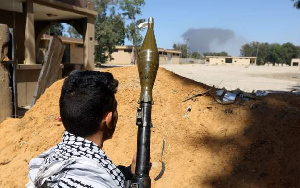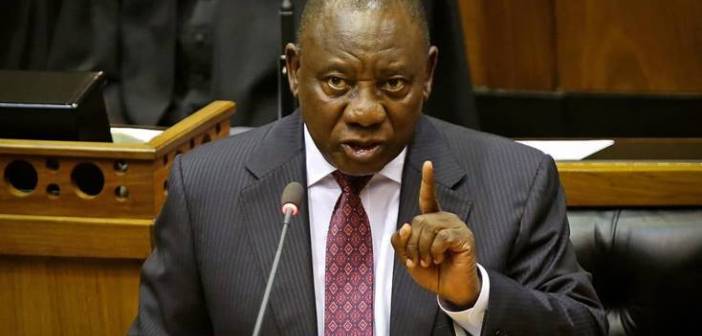Schools to reopen on 1 June 2020

Schools will reopen on 1 June 2020 with Grade7 and Grade 12 learners returning to the classroom, Basic Education Minister Angie Motshekga said on Tuesday.
“Independent and public ordinary schools will open even in the metropolitan areas. Every school must adhere and observe the health and safety protocols that will be put in place. We will start with grades 7 and 12 and small schools. The other grades will follow in due course,” said the Minister.
The reopening of schools follows the National Coronavirus Command Council and Cabinet’s approval of the Basic Education Department’s (DBE) plan to return to the classroom in a staggered approach.
The return of other grades is yet to be announced.
The Minister unveiled the staggered return of pupils as government continues to ease the lockdown imposed to curb the spread of COVID-19.
Following the backing of Cabinet, the Minister announced that a revised school calendar will be gazetted soon.
The pending calendar will indicate the opening and closing dates of schools and the breaks in between.
In preparation for the reopening of schools, delivery of COVID-19 essentials such as sanitisers, masks, water and sanitation is currently underway in schools across the country.
“The reports we got are showing that preparations have been taking place and good progress has been made. All indications are that the preconditions for the reopening of schools will be met obviously with the premium being on saving lives,” said the Minister in the virtual briefing.
Meanwhile, the Department of Basic Education (DBE) has entered into an Implementation Protocol agreement with the Department of Human Settlements, Water and Sanitation and Rand Water to ensure the delivery of water to schools.
Addressing comorbidities
Working with health professionals and the Department of Public Service and Administration, Motshekga said teachers and staff who have comorbidities and are vulnerable to COVID-19, are being profiled.
This is so as to determine a guide on how to manage them.
Motshekga called on parents to work closely with schools to ensure that learners with pre-existing illnesses are also assisted.
“Schools will work with parents to obtain the information which once again needs to be treated with the utmost care. This matter is of paramount importance and we appeal for cooperation in this regard,” she said.
Special schools
Mindful of the needs of learners with disabilities, the DBE is working with provinces to ensure that special schools are adequately provided for in all the plans put together.
During consultation with social partners, Motshekga said it became clear that a different approach was needed when it comes to special schools.
“We are working with organisations who are advising us on the best way forward regarding the phased-approach of the special schools. Our planning and procurement has considered the needs of learners with disabilities and those in special schools. Provinces have put in place plans that will ensure that no child is compromised,” said the Minister.
Early Childhood Development Centres
With the further easing of lockdown restrictions, several people in addition to those providing essential services returned to work opening a gap for the childcare of these workers.
Bearing this in mind, Motshekga said the department will maintain a delicate balance between allowing Early Childhood Development Centres (ECDCs) to operate, alongside the safety and health of the children and their caregivers.
“The regulations for Level 3 are being finalised and we believe there will be a solution to this matter very soon.
“We are working together with the Department of Social Development on this matter as it straddles both departments at the moment,” she said.
To monitor implementation on the delivery of essentials and adherence to guidelines, the department has appointed a consortium of independent monitors. –
SAnews.gov.za





